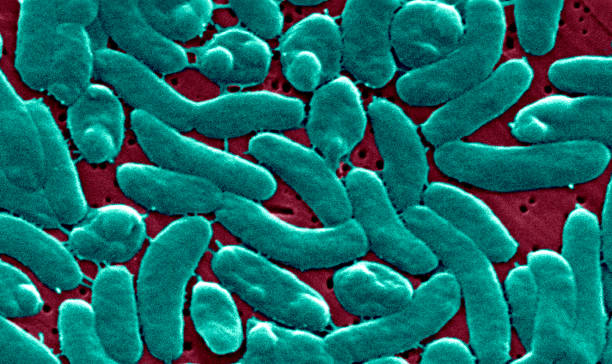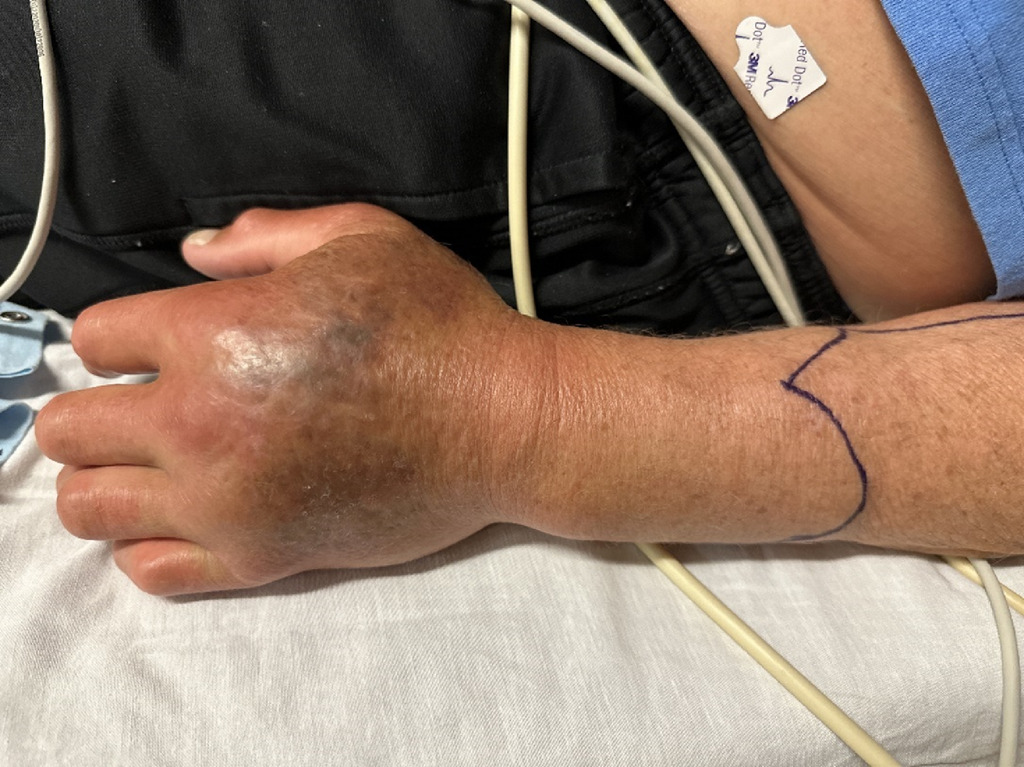This year, Florida has reported a troubling increase in infections caused by the rare flesh-eating bacteria, Vibrio vulnificus, with thirteen fatalities attributed to the disease.
As of 2024, health authorities have confirmed 74 cases of Vibrio vulnificus, a significant rise from the 46 cases reported in 2023, which included 11 deaths.
Vibrio vulnificus is a naturally occurring bacterium found in warm, brackish seawater, requiring salt for survival, as noted by the Florida Department of Health.
The alarming surge in infections has been linked to the recent impacts of Hurricane Helene, which battered Florida with intense winds and historic storm surges before moving into southern Appalachia, resulting in devastating floods and landslides that claimed around 100 lives.
Counties such as Citrus, Hernando, Hillsborough, Lee, Pasco, Pinellas, and Sarasota have experienced unusual spikes in Vibrio cases following the hurricane’s aftermath.

Additionally, Hurricane Milton struck Florida on October 9 as a powerful Category 3 storm, leading to at least two dozen deaths, many due to tornadoes that occurred before landfall.
Health authorities have warned that Vibrio bacteria, prevalent in warm coastal waters, can lead to severe illness when ingested or when open wounds come into contact with contaminated water.
After heavy rainfall and flooding, the concentration of these bacteria tends to rise, particularly in brackish and saltwater areas.
Infected individuals may suffer significant tissue damage, and in severe cases, medical intervention may necessitate amputation to prevent the infection from spreading.
While Vibrio infections can result in necrotizing fasciitis, public health officials emphasize that a type of Streptococcus is the most common cause of this severe condition in the United States.
Experts also caution against the term “flesh-eating” when describing Vibrio infections, as they do not destroy healthy skin even after prolonged exposure.

